
WHY IS THERE A SO FRACTIOUS, YET PASSIVE, AMERICAN CITIZENRY AT A TIME WHEN:

TO ANSWER TO THAT QUESTION WE NEED TO START BY ASKING WHY SO LITTLE OF SUBSTANCE (FOR THE BETTER) CHANGES; DESPITE ALL THE MANY, AND LONG ESTABLISHED REMEDIES WE CONSTANTLY PURSUE:

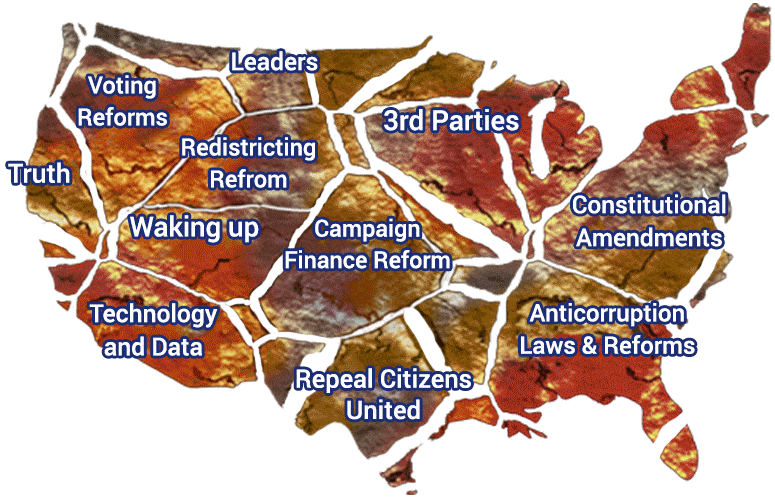



WE WOULD SEE THESE PROBLEMS:


Like all the other problems we face: electoral dysfunctions, the threat of economic decline, or assaults on civic freedoms, valuable, but incomplete ideas and caring people are not being connected to that which could create a more cogent, integrated and powerful strategy.
One that would, in contrast to what National Liberty Alliance suggests, fuse legal remedies to:
An irrational attachment to the limited and fragmented is not helpful.



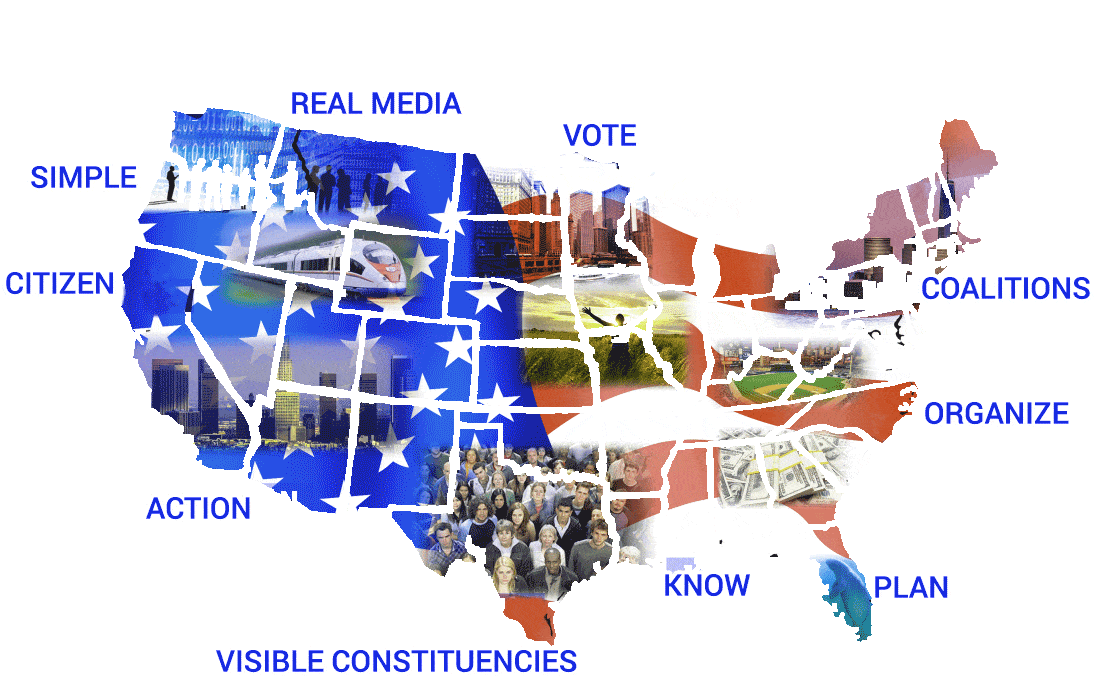
So, who are the people?
There would be many such examples. However, in the context of The WeLeadUSA message and mission, the peoplemust have a very precise definition because the characteristics of a population willing to hear such a message, and take on such a mission, would necessarily be very particular.
Therefore for our purposes we can define what “the people” actually means by considering what qualities would have to be present in such a population: As stated, the people would be the responsible, civic minded portion of the population.

We must accept that most people do not concern themselves with political or civic concepts like self-government/freedom and the relationship between those things and their own self-interest.
So here we could only be addressing that segment of the population that does, or wants to, concern themselves with such matters. Any suggestion that those who are disinterested must be converted— “woken up” — is just plain silly!

We must also accept that many who would claim civic interest do so only in the context of a binding ideology. Always a typical dynamic, this may take form as single issue advocacy, or a religious, social or economic doctrine pursued to the exclusion of all else.
Such belief systems can be anything from understandable to venal so dealing with this requires good judgment and a process. We would say the problem exists where there is no desire to transcend the ideology and act constructively to find what works. Success in a civic-political context should be defined (and is within the WeLeadUSA message) as what works and what is possible to achieve.
When one crosses that border in pursuit of their “perfect dream” we cannot have a the people.

Here we are pointing to those who claim civic interest but in some way are “in business”. Chiefly, these are 501© funded agents: voting/political money/transparency/reform advocates or, media figures: bloggers/pundits/content creators/academics providing their audiences with “truth”.
These are activists who are in some way deriving personal benefit — financial, psychic, or both — from their efforts.
To understand that if peoples’ status or livelihoods are at stake it’d be unlikely they would truly want change — even for the better — is not to cast aspersions. It would be to exercise strategic wisdom!
For a brief but concluding explanation and definition of the people in the context established here, please visit https://www.weleadusa.org/for-who.html
This is true whether one’s point of view focuses more on the problems of:
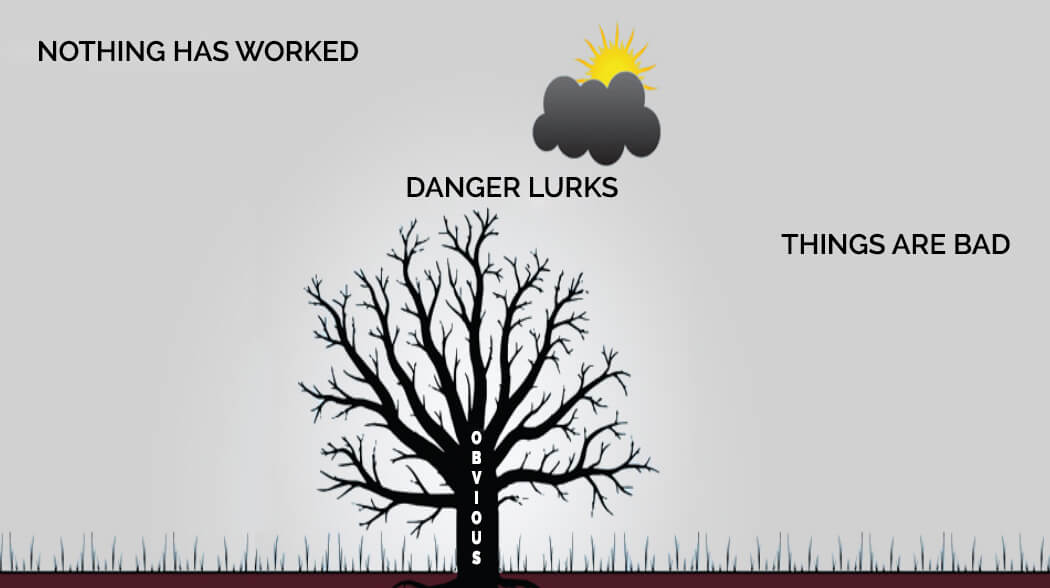

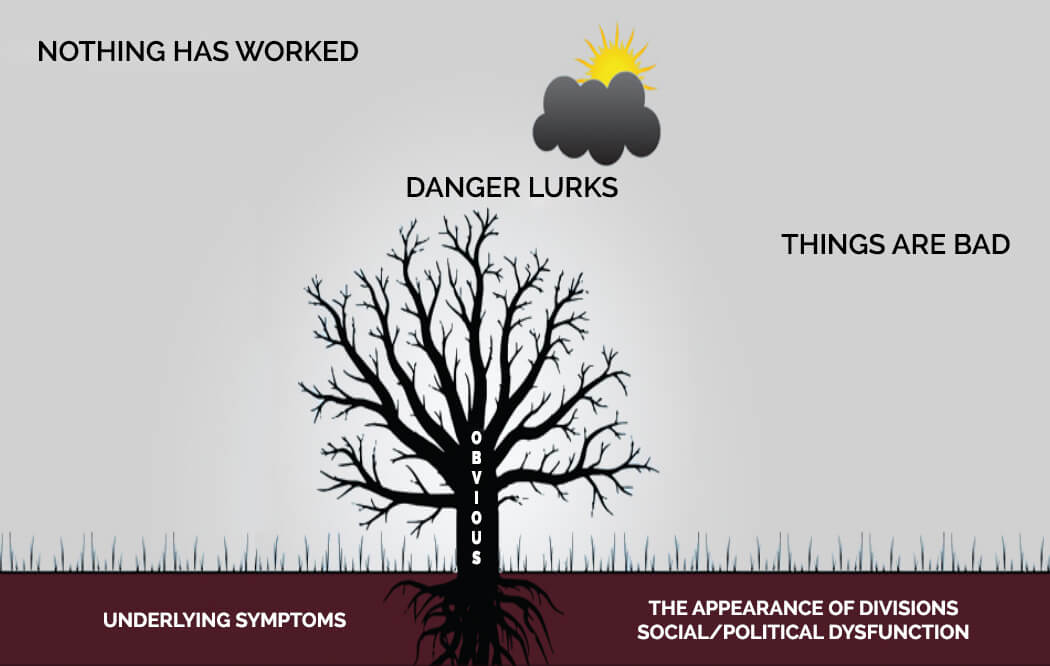
But, the quick dismissal of agreement lends credence to, and serves to intensify these concerns; clear to anyone paying attention:

Power is not a very much discussed topic despite it being the basis of all civic-political functions and interactions; not to mention the subject of a great deal of our entertainment.
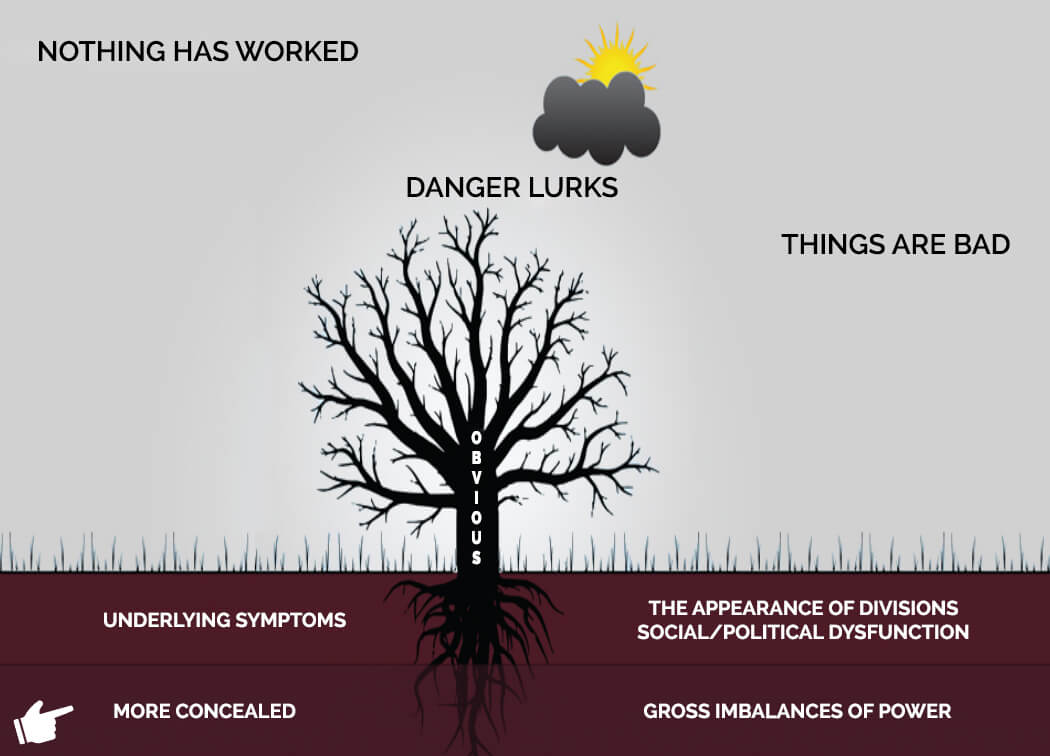

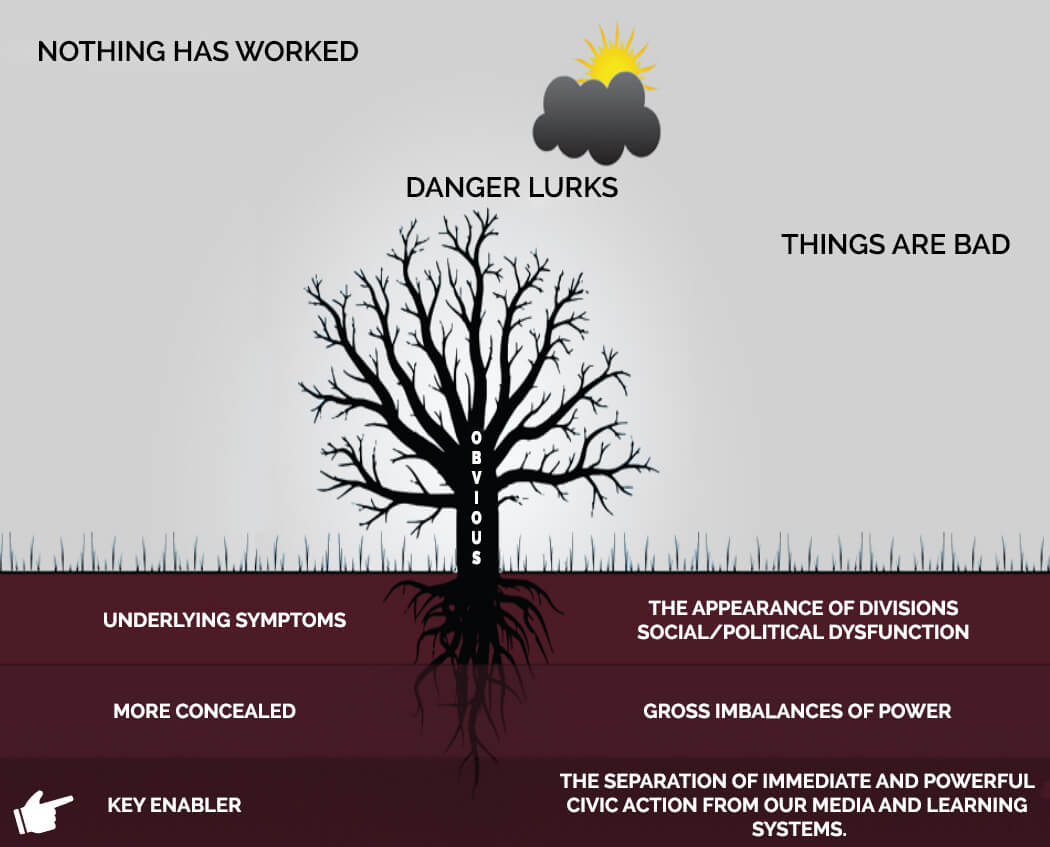
And establishing sensible criteria allows us to quickly extract from vast experience what we already have learned (but failed to recognize or apply) so we can:
It wouldn’t be possible to design any kind of system without describing what input that system should receive and the results it would be expected to achieve.
However, when that system is public in nature, intended to be national yet decentralized, and develops in an ad hoc fashion over decades and even centuries, its basic precepts might become muddled and subject to mischief.
Making matters worse, we’re talking about a civic-political system here; where muddled mischief is the order of the day!
Now, consider that the civic-political system we are concerned with belongs to one of the most complex (now totaling some 88,000 governments nationally) and powerful of nations; one that has been historically designated as the world’s foremost protector of individual rights, justice and human freedom.
Already there’s a lot to worry about!
Now, add to that our theme; the absence of situational context and precise definitions. And in the same fashion as our examination of the “the people” above, let’s apply another foundational concept — “democracy” — and see what comes out in the wash.
Calling the United States a democracy in the absence of context will quickly prove problematic. The expression “republic” will officiously be demanded by some as proper. However, no context will be offered by the proponents of either term.
Lacking substance, the obvious problem cannot be seen and even simple clarifications are beyond reach…division!!
If we resort to dictionary definitions, we can see the vagaries leaving plenty of room for muddle, mischief and dispute:
a government having a chief of state who is not a monarch and who in modern times is usually a president
(2):a political unit(such as a nation)having such a form of government
a government in which supreme power resides in a body of citizens entitled to vote and is exercised by elected officers and representatives responsible to them and governing according to law
a government by the people especially: rule of the majority
a government in which the supreme power is vested in the people and exercised by them directly or indirectly through a system of representation usually involving periodically held free elections
a political unit that has a democratic goverment
Capitalized: the principles and policles of the Demorcratic party in the U.S.
While the absence of a monarch is spelled out in the definition of a republic, it’s certainly is indicated in the definition of democracy. Both agree that supreme power is invested in the citizenry which is (usually?) channeled through elections.
Distinctions are hard to find here. Potato, potahto/Tomato, tomahto? Let's call the whole thing off?
No, this is too important! We will just have to do better than this and we can; by demanding situational context in the public sphere when using these terms/ideas (and many others).
Consider the absurdities if we don’t:
Does it make sense to rail against censorship and demand free speech when the speech cannot even be comprehended; all while there’s absolutely no awareness of that fact?! No, it doesn’t; because obviously critical thinking is impossible in the absence of such discipline. As a result, free speech can never inform considered action. This is why free speech is enshrined as an endowed right; not to guarantee amusements.
By creating this discipline the simple goal must be to limit wiggle room and seek clarity. People, in all their roles and strata’s, will know their own minds and be clearly on the record.
Here with these two descriptive definitions of democracy — or a republic — we can see how this might work:
Amplification: people have the right and must have the means to actively and powerfully intercede in the policy-making and direction of their nation
Amplification: through the processes of a mass vote, people should have only the means and right to replace one government or leadership with another
So, within this example we can see a narrowing; from the elastic and all-encompassing to something more specific and conclusive.
One can see how crucial this exercise is when they are educated to understand that the current American civic-political system is very much built for one of these arrangements and not at all for the other.
Can the reader determine which is which? (spoiler alert)
An essential element of this work is dedicated to proving that, over the course of its history, the American system developed in a manner where the qualitative engagement of its people became an absolute necessity.
This is not soaring rhetoric; it is fact, a fact that is never meaningfully explored, only occasionally mentioned; and always in ineffectual, abstract terms.
By design and like it or not, option 1 is the basis of the American arrangement which means the system cannot work without the active presence of a coherent, powerful, the people.
Moreover, we have been conditioned to believe exactly the opposite is true; that option 2 is the basis of our civic-political organization. This is a falsehood, crucial to understand (also demonstrated throughout). Not only because it confuses our reality, but because major reforms would be necessary if option two were our true ideal; where option one is our existing system and only requires its competent and strategic use.
We will also establish that the problem does not come from the top down as so many simplistically believe. On the contrary; it starts at the bottom; with the citizenry.
By foolishly going along as a square peg in a round hole, believing we are powerless and victimized, when nothing could be further from the truth, we remain ignorant and idle; thus disdained by “the system” and its controllers. It should be plain to see that destructive forces will rule where there is no respect. And there will be none as long as situational context and definition is lacking.
This is not to say that foundational concepts like constitutions, politics, laws or public proposals etc. don’t require some ambiguities and breathing room. They do!
However, it will take good judgment and a disciplined process — WeLeadUSA’s message and mission — on the part of the people to determine when/where/how it should be applied!




Why is it essential that each and every element here be present in any proposal that purports to offer a solution?
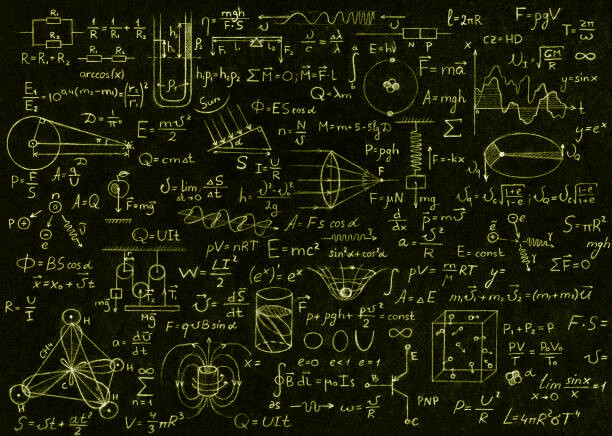




Could any positive and intentional change ever be achieved with even one criteria item absent?
That is not to say that countless crucial matters don’t play out in our courts; of course they do!
What cannot be neglected however is that in the United States people can both select and elect a multitude of officials of great influence including sheriffs, prosecutors, attorney generals’ and all the rest; including judges!
This is the architecture of a true democratic-republic, our long-existing system. But, because these truths, unfortunately, are not self-evident, the decisive power the citizen owns has been twisted.
Therefore, the actual problem, that must first be targeted, is the public’s ignorance of these substantial civic powers. Then, building on that, this authority has to be systematized in a holistic way; having all the parts work by making them work together.
The considered intervention of the motivated, educated, few is all that is necessary to begin this process. If that were properly undertaken, a shift of major and immediate proportions would be inevitable.







These pervasive conventional wisdoms are fundamentally hollow because they only consider the bad outcomes; and then proceed to pronounce everything hopeless.
That is bias-confirming non-analysis and must be rejected!
Because no effort is made to understand or reveal what fuels the bad outcomes and what could be done about it; we never work to identify what we can do about it.
A system is a system because it will produce results that can be known and relied upon.
The question: through a very different approach to, and understanding of, this very system, can We create excellent outcomes; with certainty?





Message and Purpose

A Clear Choice Requiring a Decision

An Open Source Proposal
This purpose of this website is to extend a proposal to that portion of the American citizenry who are concerned about the direction of their country and world and seek a clear path toward a genuine solution.
Though developed over many years and explained in great detail, this proposal is based on simple precepts that exist; both within our democratic-republican framework and national ethos. Further, with no basis in the pursuit of laws, lawsuits, reforms, amendments to the constitution - or other permissions - to solve our most pressing issues, it can be acted upon easily and immediately.
On the contrary, the persistent pursuit of such permissions, though they largely make up the remedies that are traditionally and currently understood, offered, and followed - are unnecessary and distracting as such approaches are proven failures that will not work.
It is clearly demonstrated within the pages of this site that the American electoral-political system confers upon its citizenry the potential to exercise unique and extraordinary authority that has gone unrealized.
Though these powers and responsibilities were designed to allow the people of the United States far-reaching input and control over their public affairs, their absence from these processes has left a vacuum to be filled by forces motivated by their own ideals.
This, at the expense of a high functioning and free United States most American citizens would proclaim as their ideal.
It is also clearly demonstrated within these pages that this potential cannot be realized, or those ideals achieved, other than by a visible, coherent body of Americans assembling within an unambiguous plan of purpose and intent; actions that will direct the vast potential of our electoral, technological, and cultural assets towards establishing a new path.
Given that stark reality, it would be ill advised to offer a community - operating in a public-civic environment so beleaguered and lacking in trust - an answer to our most deeply embedded and historic problems by typical and failed means.
Such methods would be typical – and likely to fail - because they would present to that public an unknown entity/body, seeking their “support” for the promise of a remedy based on strategies, organization, and hierarchies they took no active part in formulating and approving. Further, they would articulate no vision for the crucial role the people must play; or how any success can be achieved without that.
Therefore, the content on this site is best understood as reference material and the suggestions for strategy, planning, and action as an open source proposal available to be taken up by those most capable and motivated to act.
Those suggested actions are as clearly laid out as is the reasoning and proof that they will be effective.
To start however, the energies of a small number of the capable people will be required; Americans who by their example will show the way.

Lorem Ipsum is simply dummy text of the printing and typesetting industry. Lorem Ipsum has been the industry's standard dummy text book. It
Lorem Ipsum is simply dummy text of the printing and typesetting industry. Lorem Ipsum has been the industry's standard dummy text book. It
Lorem Ipsum is simply dummy text of the printing and typesetting industry. Lorem Ipsum has been the industry's standard dummy text book. It
Lorem Ipsum is simply dummy text of the printing and typesetting industry. Lorem Ipsum has been the industry's standard dummy text book. It
